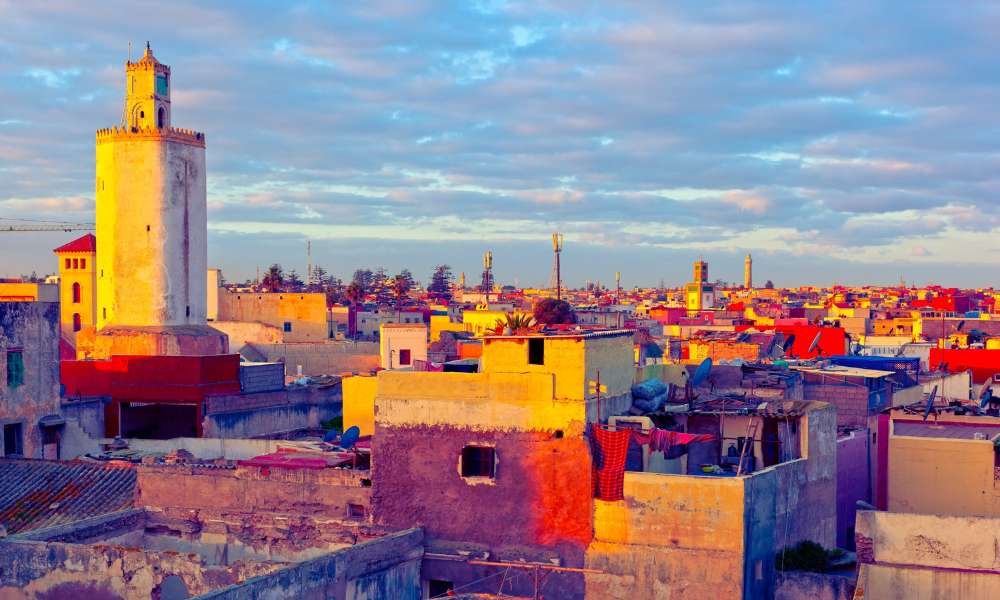
Colonial Rule in Morocco: Morocco's financial landscape bears the indelible marks of its colonial past. The North African nation experienced a tumultuous period of colonization, primarily by France and Spain during the late 19th and early 20th centuries.
| Are you a Tax Lawyer in USA? 👉Transform Your Brand: Click for Metamorphosis👈 |
This colonial rule left a profound and lasting impact on Morocco's economy and financial institutions.
1. Introduction of Western Banking: One of the most notable effects of colonial rule was the introduction of Western banking systems. French and Spanish colonial powers established banks in Morocco, bringing modern banking practices to the country.
This shift from traditional financial systems to Western-style banking had far-reaching consequences.
2. Monetary Systems and Currency Changes: Colonial rule also led to significant changes in Morocco's monetary systems. The introduction of the Franc as the official currency during the French colonial period replaced the traditional Moroccan currency. This shift had implications for trade, finance, and economic stability.
3. Infrastructure Development: Colonial powers invested in the development of infrastructure, including transportation and communication networks.
While these investments aimed to facilitate resource extraction and trade, they also contributed to the modernization of Morocco's economic infrastructure.
4. Economic Dependency: The colonial era created an economic dependency on the colonizers.
Morocco became a supplier of raw materials, such as minerals and agricultural products, for the colonial powers. This economic structure limited Morocco's ability to diversify its economy.
5. Land Reforms: Colonial governments implemented land reforms, which altered land ownership patterns.
These reforms, while intended to modernize agriculture, had a lasting impact on Morocco's agrarian economy.
6. Legacy of Economic Inequality: The economic policies of colonial powers often favored the European settlers and elite Moroccan collaborators, perpetuating economic inequality.
This legacy of inequality continues to influence Morocco's financial landscape today.
7. Independence and Financial Reforms: Morocco gained its independence from colonial rule in 1956. In the post-independence era, the country embarked on a path of economic reforms and modernization.
These reforms aimed to address the imbalances created during colonial rule and promote economic self-sufficiency.
Conclusion: The impact of colonial rule on Morocco's financial landscape is a complex and multifaceted legacy. While colonialism introduced modern banking and infrastructure, it also created economic dependency, inequality, and structural challenges.
In the post-independence era, Morocco has been striving to address these historical imbalances and shape its financial future on its terms.
Understanding this historical context is essential to grasp the dynamics of Morocco's evolving financial landscape in the 21st century.